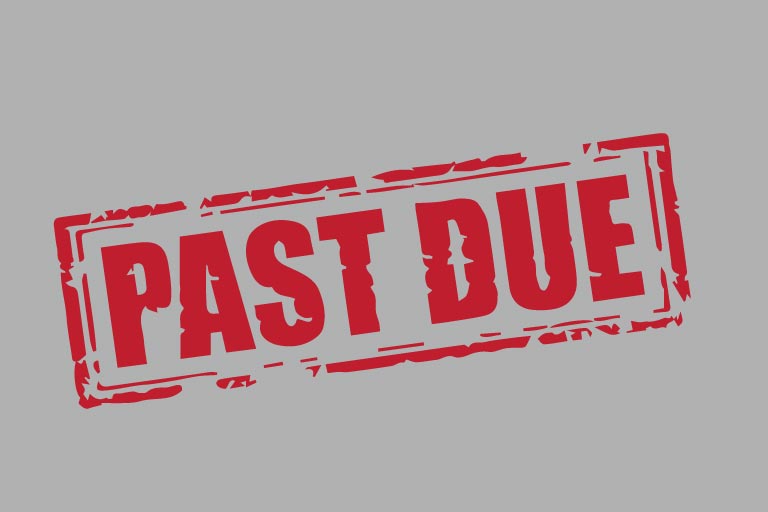Should I continue paying federal student loans off or invest in retirement?

The NFCC often receives readers questions asking us what they should do in their money situation. We pick some to share that others could be asking themselves and hope to help many in sharing these answers. If you have a question, please submit it on our Ask an Expert page here.
This week’s question: My wife and I are nearing retirement. We just refinanced our mortgage and I’m paying federal student loan debt of over $60k at 6.9% interest. I recently received about $40k from my mom’s estate. My question is, since federal student loan interest is currently in forbearance (until May 2022), would it be wiser to just keep paying on it and focus on saving for our retirement or should we use a chunk of the estate to pay down the student loan debt, since now all payments will go toward principal?
Acting now to find the right strategy for dealing with your federal student loan can ease worries during your upcoming retirement. Your best course of action will largely depend on your goals and overall financial situation. If your main goal is to pay off your student loan and if you have the means to do so, you should resume your payments and use some of your mother’s estate to reduce your balance. Your timing still works since there is currently an extension of the 0% interest period on federal student loans until May 2022.
Repaying your loan faster
Resuming your monthly installments and making an extra-large payment can help reduce your student debt considerably. It’s a great start, but it is not enough. You should make a plan to continue paying your loan as aggressively as possible when the 0% interest period ends. As this new deadline approaches, your servicer will send you detailed information about your current balance and your new interest rate and monthly payment.
To prepare for a solid repayment plan, you need to review your finances thoroughly. Start by creating a detailed budget of all your expenses and determining which expenses you can reduce or eliminate to maximize how much money you have at the end of the month. Are there subscriptions you can cancel? Are there any services you are not using? Can you eat out less? Be as frugal as possible and remind yourself that these changes are temporary. Then, use any discretionary income you have left to pay your student loan.
Consider Refinancing
Another strategy to pay your loan faster after the 0% interest period ends is to refinance with a private lender. With a reduced loan amount and good credit, you should be able to qualify for a loan with a much lower interest than the 6.9% that you currently have. Shop around with lenders in your area and find out what are the rates they are currently offering. However, refinancing with a private lender means losing any access to repayment programs offered by the Department of Education, such as income-based repayment plans, economic hardship forbearance, and possible federal loan forgiveness.
Unburdening yourself from student loan debt will help you enjoy your retirement even more. So, I suggest you discuss the details of your situation with a student loan expert from an NFCC member agency. Unlike the general recommendations offered here, your student loan counselor can review your overall financial situation in detail to help you find the best option to manage your loan and maintain financial stability. NFCC student loan counselors are available over the phone, calling 1-800-388-2227, online, and in-person where available.



